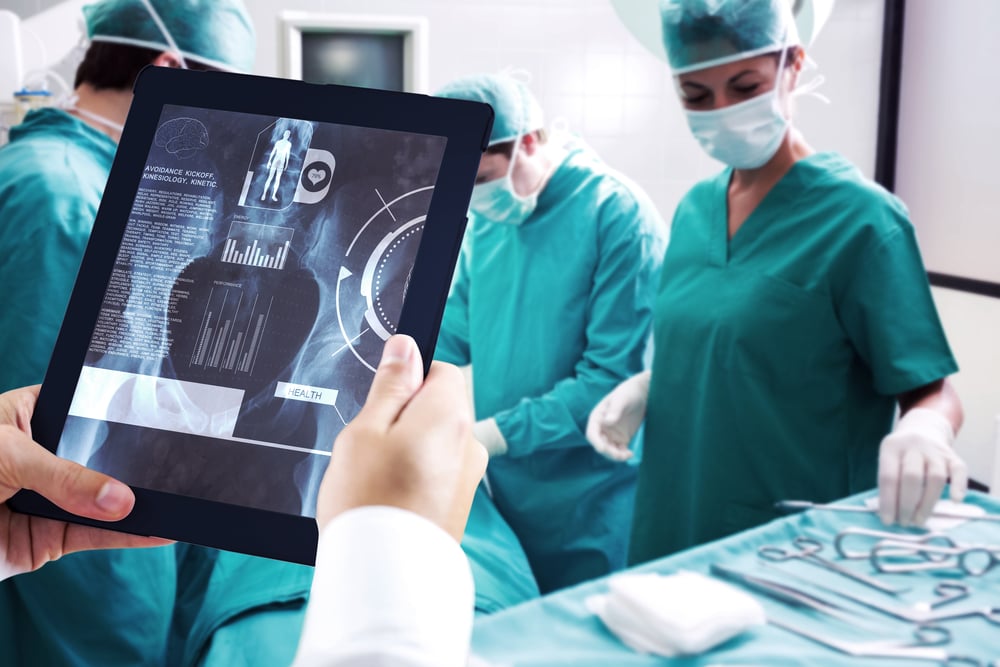Posted by Data Stems ● Mar 28, 2023 12:00:00 PM
How Technology Will Shape Healthcare In 2023
The healthcare industry is rapidly evolving, and technology is playing an increasingly important role in shaping its future. From artificial intelligence (AI) to telemedicine, there are a number of trends that are likely to shape the healthcare industry in the coming years.

Here are some of the key trends and innovations that are expected to shape the healthcare industry with regard to technology:
- Artificial Intelligence (AI)
AI is already being used in a number of ways in healthcare, such as to help diagnose diseases, monitor patients, and even assist in surgeries. In the future, AI is likely to play an even bigger role in healthcare. For example, AI-powered robots could be used to assist with surgeries and other medical procedures.
- Telemedicine
Telemedicine is the delivery of medical care using remote communication technologies, such as video conferencing, remote monitoring, and mobile health apps. Telemedicine has become increasingly important during the COVID-19 pandemic, as it allows patients to receive medical care without having to visit a doctor's office or hospital. In the future, telemedicine is likely to continue to grow, as it offers a convenient and cost-effective way to deliver healthcare services.
- Electronic Health Records (EHRs)
Electronic Health Records (EHRs) are digital records of patients' health information, such as their medical history, lab results, and prescriptions. EHRs make it easier for healthcare providers to access and share patient information, which can improve the quality of care and reduce medical errors. In the future, EHRs are likely to become even more advanced, with the integration of AI and other technologies to help providers analyze and make use of patient data.
- Wearable Devices
Wearable devices, such as fitness trackers and smartwatches, are already popular among consumers. In the future, wearable devices are likely to become even more sophisticated and could be used to monitor a wide range of health indicators, such as blood pressure, glucose levels, and even brain activity. This data could be used to help diagnose and treat diseases, as well as to monitor patients' health over time.
- 3D Printing
3D printing is a technology that allows objects to be created by layering materials, such as plastic or metal. In healthcare, 3D printing has already been used to create prosthetics, implants, and even organs. In the future, 3D printing is likely to become even more advanced, with the ability to create more complex and precise medical devices.

In conclusion, the healthcare industry is on the brink of a technological revolution that could transform the way healthcare is delivered. From AI and telemedicine to wearables and 3D printing, these innovations are likely to have a significant impact on the healthcare industry in the coming years, improving patient outcomes and reducing costs.
Topics: technology, AI, Healthcare
